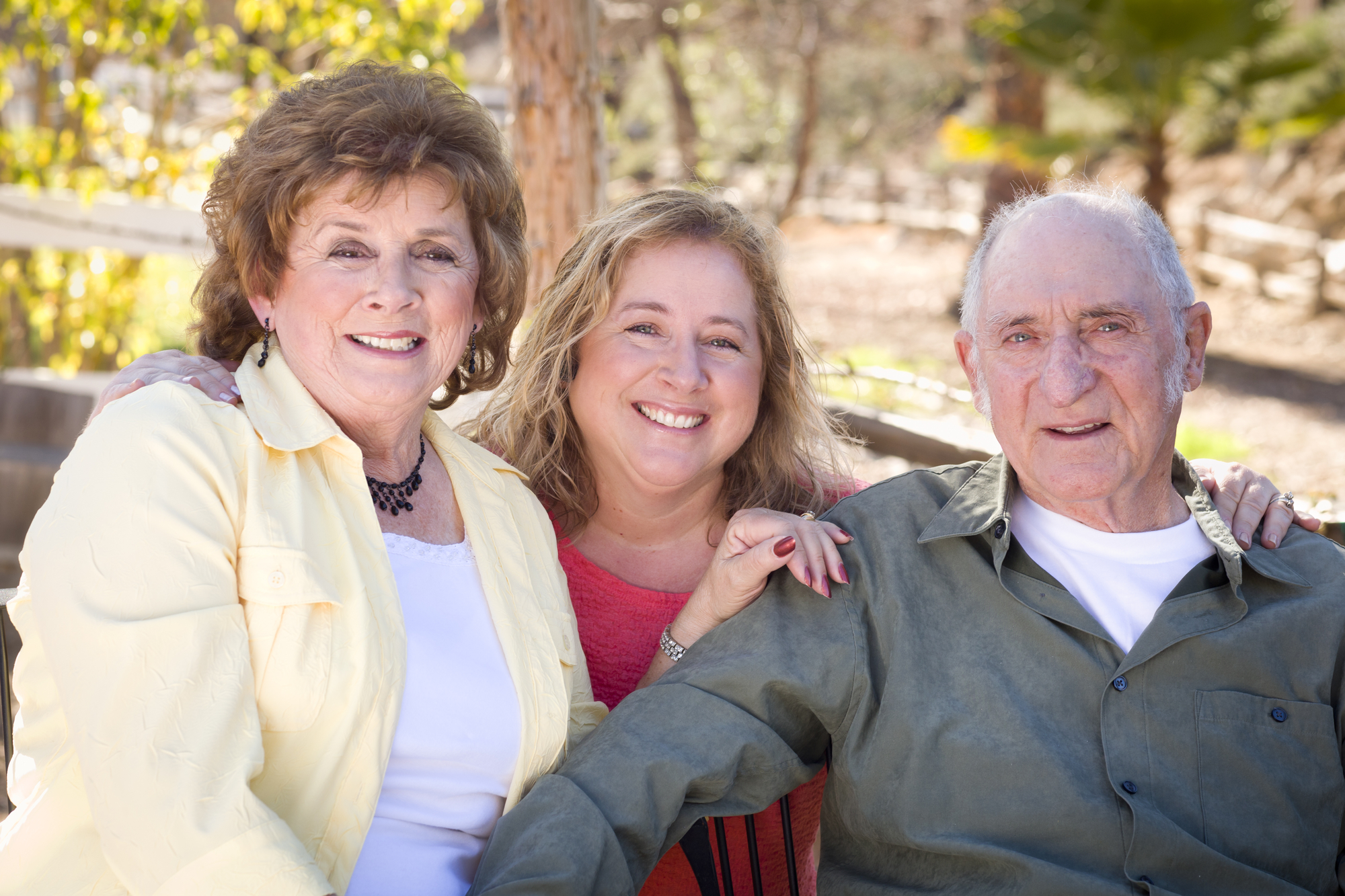As we age, our bodies undergo numerous changes that can affect overall health, including the ability to maintain proper hydration levels. Elderly dehydration is a significant concern that can lead to severe health complications if not addressed promptly. Understanding the signs and symptoms of dehydration in seniors is crucial for caregivers and family members to ensure their loved ones remain safe and healthy. In this blog post, we will explore the surprising signs of elderly dehydration, the potential consequences of dehydration symptoms, and how to prevent electrolyte imbalances, especially in those suffering from conditions like dementia.
1. What is elderly dehydration?
Elderly dehydration refers to a state where older adults do not have enough fluids in their bodies to function properly. This can result from various factors, including decreased thirst sensation, chronic illnesses, medications, and mobility issues that make it difficult for seniors to access water. Understanding what elderly dehydration entails is vital for caregivers to identify and address the issue effectively.
2. What are the common signs and symptoms of dehydration in seniors?
Recognizing dehydration symptoms in the elderly can be challenging, as they may not always present in obvious ways. Common signs include dry mouth, fatigue, confusion, dizziness, and dark-colored urine. Additionally, some seniors may experience a decrease in skin elasticity and a heightened risk of urinary tract infections. Being aware of these symptoms can help caregivers take timely action to mitigate dehydration risks.
3. How can dehydration lead to electrolyte imbalances?

Electrolyte imbalance occurs when the levels of electrolytes, such as sodium and potassium, become too low or too high due to excessive fluid loss or inadequate fluid intake. In seniors, dehydration can exacerbate this imbalance, leading to severe health issues such as muscle cramps, irregular heartbeats, and even seizures. Understanding the relationship between dehydration and electrolyte imbalances is essential for maintaining the health of elderly individuals.
Why is electrolyte balance so important?
Maintaining a proper electrolyte balance is crucial for overall health, particularly in seniors. Electrolytes, such as sodium, potassium, and calcium, play vital roles in muscle function, hydration, and nerve signaling. An imbalance can lead to serious complications, including confusion, muscle weakness, and irregular heart rhythms.
For individuals with dementia, the risk heightens, as dehydration symptoms may mimic or exacerbate cognitive decline. Caregivers must monitor fluid intake and recognize the warning signs of dehydration, ensuring that seniors receive adequate hydration to support their bodily functions. By prioritizing electrolyte balance, we can enhance the quality of life for older adults and mitigate health risks.
4. How does dementia impact hydration levels in seniors?

Dementia can significantly affect a senior’s ability to recognize thirst cues, making them more susceptible to dehydration. Individuals with dementia may forget to drink water or may not comprehend the importance of hydration. Additionally, cognitive decline can lead to physical limitations that prevent seniors from accessing fluids independently. Caregivers should implement strategies to ensure that seniors with dementia remain properly hydrated.
5. What preventative measures can caregivers take to ensure seniors stay hydrated?
To prevent elderly dehydration, caregivers can encourage regular fluid intake by providing water-rich foods, setting reminders to drink, and offering beverages throughout the day. Additionally, monitoring fluid intake and being aware of medications that may contribute to dehydration can help in creating a proactive hydration plan. Employing these strategies can help seniors maintain adequate hydration and overall well-being.
Here is a list to help you.
🥒 Fruits and Vegetables (High Water Content)
These are your hydration heroes—most contain over 90% water:
- Cucumber (96%) – Crisp and refreshing, perfect in salads or as a snack
- Iceberg Lettuce (96%) – Great for wraps or a crunchy salad base
- Celery (95%) – Hydrating and fiber-rich, pairs well with nut butter
- Radishes (95%) – Peppery and juicy, ideal for slaws or salads
- Zucchini (94%) – Versatile in stir-fries, salads, or grilled
- Tomatoes (94%) – Juicy and antioxidant-rich, great raw or cooked
- Bell Peppers (92%) – Especially green ones; crunchy and colorful
- Cauliflower (92%) – Hydrating, whether raw or cooked
- Spinach (92%) – Nutrient-packed and great in smoothies or salads
- Strawberries (91%) – Sweet and hydrating, perfect for snacking or desserts
- Watermelon (92%) – The classic summer hydrator
- Cantaloupe (90%) – Sweet and juicy, great in fruit salads
- Peaches (89%) – Soft, sweet, and full of water
- Oranges (88%) – Citrus hydration with vitamin C boost
🥣 Other Hydrating Foods
- Skim Milk (91%) – Hydrates and replenishes electrolytes post-exercise
- Broths and Soups (92%) – Especially veggie-packed versions
- Plain Yogurt (80%+) – Combines hydration with protein and probiotics
- Cottage Cheese (80%) – High in water and protein
These foods don’t just hydrate—they also offer fiber, vitamins, and antioxidants. If you’re crafting a caregiving-friendly meal plan or looking for hydrating snacks for older adults, many of these are gentle on digestion and easy to prepare.
Conclusion
Elderly dehydration is a serious issue that can have profound consequences for seniors’ health. By recognizing the surprising signs of dehydration, understanding its impact on electrolyte balance, and addressing the unique challenges faced by those with dementia, caregivers can take meaningful steps to keep their loved ones safe and hydrated. With vigilance and proactive measures, we can help ensure that seniors lead healthy, hydrated lives.
We Are Here To Help
At Sycamore Creek Ranch Memory Care, we are here to help. We want families to make the best decision for their situation.
Furthermore, the staff at Sycamore Creek Ranch is proactive. That means we are not waiting for a problem to arise. Instead, we are actively engaged with every resident. And with only 16 residents, we can do that!
If you are looking for Memory Care in The Woodlands or Memory Care in Spring, Texas, come for a tour at Sycamore Creek Ranch! See how we can help.

